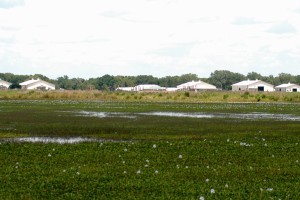
Marine & Freshwater Aquaculture
Developing technologies to produce fish & invertebrates to meet growing demand for seafood & fishing stocks.
1600 Ken Thompson Parkway
Sarasota, FL 34236
Ph: (941) 388-4441
Hours: 10AM - 5PM
A 501(c)3 nonprofit organization.
Mote Aquarium is likely to be busy this week, with many timed-ticket entry slots selling out. Please purchase your tickets in advance to guarantee entry.
Mote Aquarium is open seven days a week at our normal hours, 9:30 a.m.–5 p.m. We hope to SEA you soon!